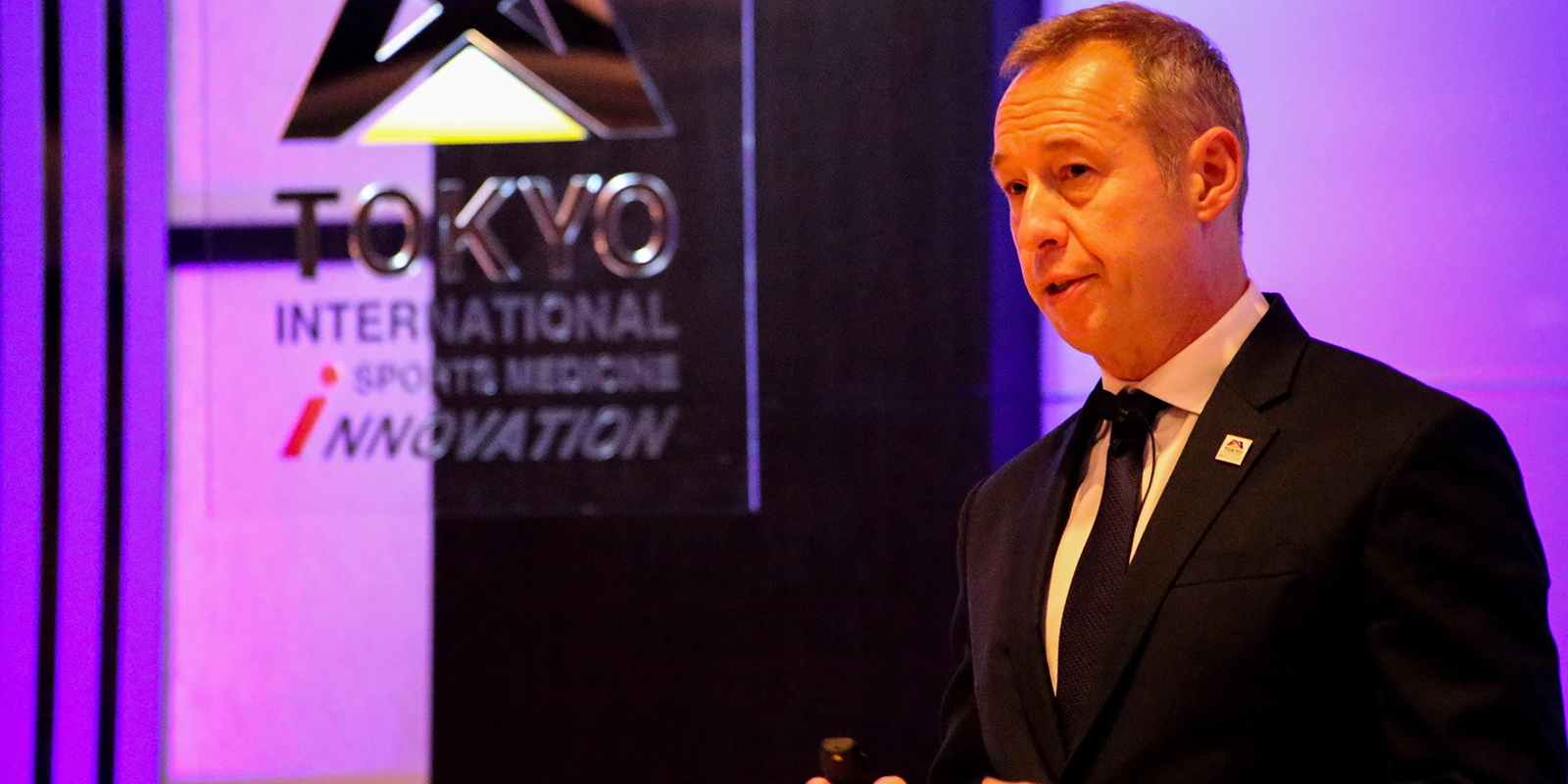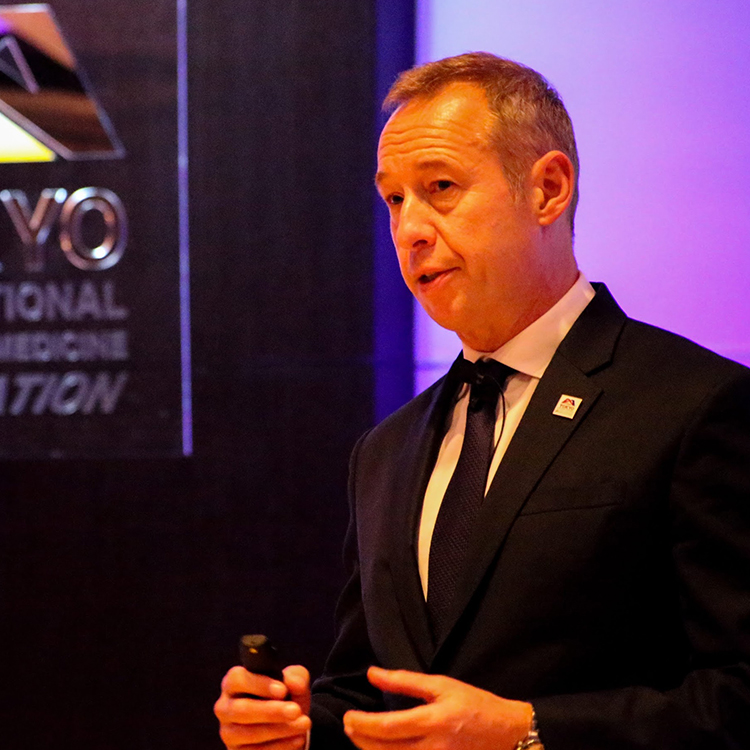スポーツ整形外科専門クリニックの国際ネットワーク構築
(Fortius Clinic, a London musculoskeletal care centre London)
招待講演


プライベートクリニックで、2年に1度の国際学会を開催しているロンドンの「Fortius Clinic」。そのトップであり、ヨーロッパのトップアスリートの治療を手がけていることでも有名なAndrew M. Williamsを招待し、国際的に活躍しネットワークを構築する経緯やノウハウをご講演いただきました。
- 講師

スポーツ整形外科専門クリニックの国際ネットワーク構築
Andrew M. Williams(Fortius Clinic, a London musculoskeletal care centre London)
International Networking of Sports Orthopaedic Clinics
Fortius Clinic
7 years old. ‘Number 1’ for UK orthopaedic and sports medicine. 2 outpatient clinics (soon to be 3), each with Xray, ultrasound, and MRI, and a Surgery Centre. 50 surgeons and another 30 doctors- radiologists / sports physicians. We care for many of the UK’s athletes- personally: 52 football teams including 16 of 20 English Premiership teams, and 9 or 12 English Rugby Premiership plus several Welsh teams. My colleagues include leaders in their fields. FIFA awarded us ‘F-MARC’ as a ‘medical centre of excellence’ in 2015. We have strong research commitments and links with Imperial College, London.
Why have a sports orthopaedic clinic?
Why network?
How to Network?
xamples of collaborations in sports medicine: some good - some poor
Problems
Keys to success
- 講演の様子
- PHOTO
GUEST PRESENTATION